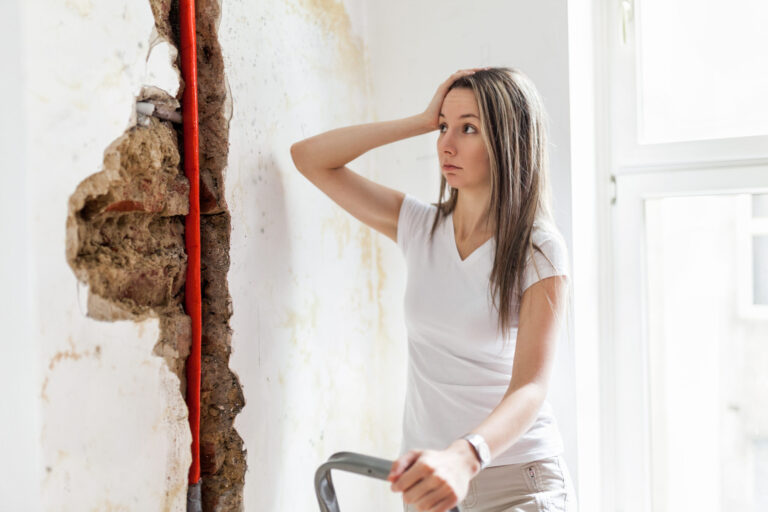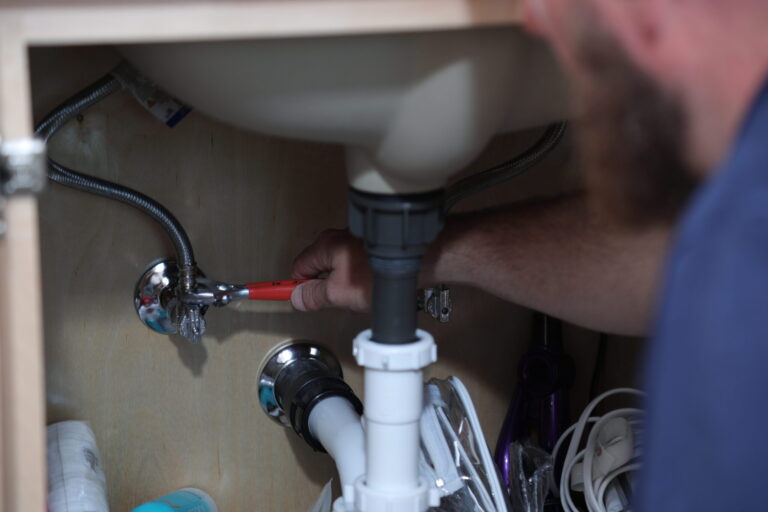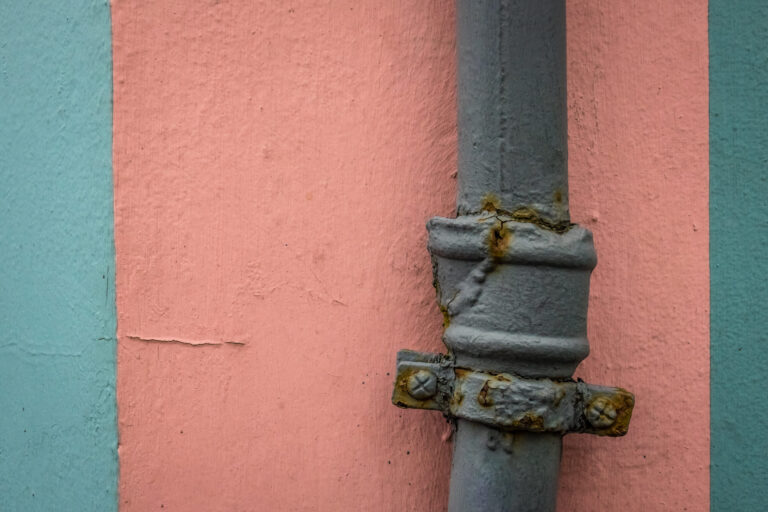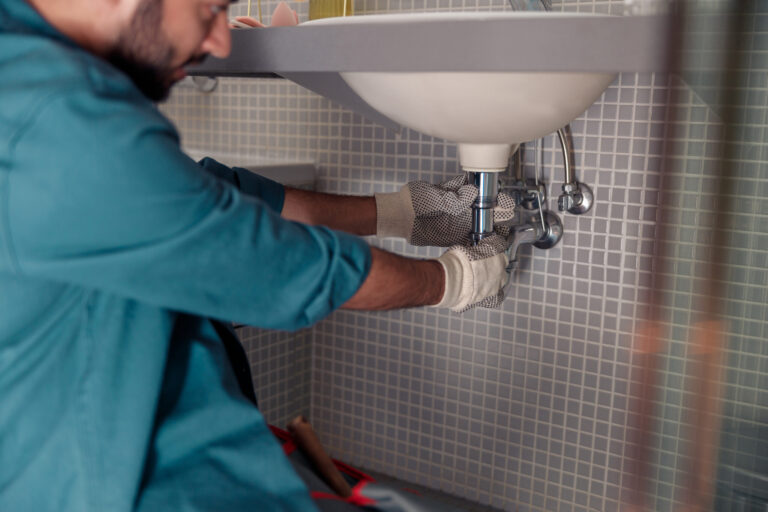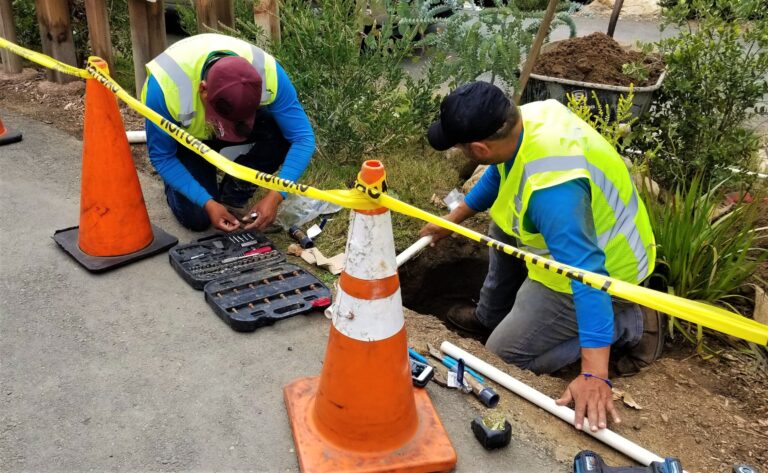A good space-refresh is a welcome endeavor for many homeowners, whether it’s a simple redecoration or a complete remodel. This is especially true when it comes to bathrooms, which can outlive their own efficiency and style quicker than we might like. One day, everything works as it should, and the next you abruptly realize that your bathroom doesn’t suit your needs at all. Knowing that you need an intervention is all well and good, but understanding the costs involved in a tub to shower conversion is one of the most crucial steps to planning your renovation. In this guide, we’ll explore the plumbing factors that influence the bathtub to shower conversion cost in 2024 and offer practical advice to help you make informed decisions.
Average Cost Range for Tub to Shower Conversion in 2024
For budget-friendly conversions, using prefabricated shower units and basic fixtures can keep costs low. Expect to spend between $1,500 and $3,000 for a straightforward conversion. A mid-range conversion typically includes higher-quality materials and fixtures, as well as some customization. Costs for this level of conversion range from $3,000 to $8,000. High-end conversions involve luxury materials, custom designs, and top-tier fixtures. These projects can cost anywhere from $8,000 to $15,000 or more, depending on the extent of customization and labor involved.
Plumbing Costs for Tub to Shower Conversion
Demolition and Removal
Removing the existing bathtub and preparing the area for a shower can cost between $300 and $1,000, depending on the complexity of the job and the disposal fees.
Plumbing Modifications
Modifying the plumbing to accommodate the new shower is a crucial step in the process. This involves several key activities, each with associated costs:
- Relocating Water Supply Lines: Depending on the location of your existing plumbing, you may need to move the water supply lines to fit the new shower configuration. This can cost between $300 and $800.
- Installing a New Shower Valve: A new shower valve ensures proper water flow and temperature control. Installation costs range from $200 to $500, depending on the valve type.
- Reconfiguring Drainage: The shower drain may need to be moved or resized to ensure proper water drainage. This can cost between $400 and $1,200, depending on the complexity of the work required.
- Waterproofing and Subfloor Preparation: Ensuring the shower area is properly waterproofed and the subfloor is prepared is important to preventing water damage. This can cost between $500 and $1,500.
Breakdown of Costs
Installation of Shower Base and Walls: Installing the shower base and walls will most likely make up the most of your remodeling price, as this step is one of the most labor-intensive. Costs for this stage range from $1,000 to $3,000, depending on the type of shower base and wall materials used.
Finishing Touches: The finishing touches, such as tiling, installing shower doors, and adding accessories like grab bars, can add between $1,000 and $5,000 to the overall cost.
Hiring a Professional vs DIY
While much of this project may seem relatively straightforward with the right tools and permits, DIY is not for everyone. Doing things yourself is not always the best way to get the job done the way you want it–or even to save money–especially when it comes to plumbing projects. However, while choosing the less expensive option might seem smart, hiring a more qualified professional can often be most cost-efficient in the long run, as you will be choosing craftsmanship that you can trust not to fail unexpectedly.
Hidden Costs and Potential Surprises
Older homes or poorly maintained plumbing systems can present unexpected challenges, leading to additional costs for repairs or upgrades. Structural changes, such as moving walls or reinforcing floors, also add to the cost, as well as unforeseen delays or complications. Working with experienced professionals can help minimize the risk of anything going wrong.
Cost-Saving Tips
Opting for Prefabricated Shower Units: Prefabricated shower units are a cost-effective option when compared to custom-built showers. They are easier to install and often come with integrated features like shower pans and walls.
Reusing Existing Plumbing Fixtures: If possible, reuse existing plumbing fixtures to save on costs. This approach reduces the need for extensive plumbing modifications.
DIY Demolition: If you have the skills and tools, consider handling the demolition yourself. This can save on labor costs, but is only safe if you make sure to follow proper safety protocols and dispose of materials correctly.
FAQs
How Long Does a Tub to Shower Conversion Take?
The duration of a tub to shower conversion varies based on the project’s complexity. On average, it takes between one to two weeks.
Do I Need a Permit for the Conversion?
Yes, most tub to shower conversions require a permit. Check with your local building authority for specific requirements.
Can I Convert a Tub to a Shower Myself?
While DIY conversions are possible, they require advanced skills and knowledge. Hiring professionals ensures the job is done correctly and safely.
Finishing Thoughts
Converting a bathtub to a shower can be a great way to freshen your home. By understanding the plumbing factors that influence the tub to shower conversion cost, you can plan and budget effectively for your project. Remember, working with experienced professionals like those at Black Lake Plumbing ensures high-quality results and a smooth process.
What’s So Great About Black Lake Plumbing?
Here at Black Lake Plumbing, we strive to be here when you need us. Deeply rooted in our community, our team prides themselves on giving back locally to their neighbors and getting the job done right the first time. If you’re considering a tub to shower conversion, contact us today for plumbing solutions tailored to your needs. Let’s transform your bathroom together!
